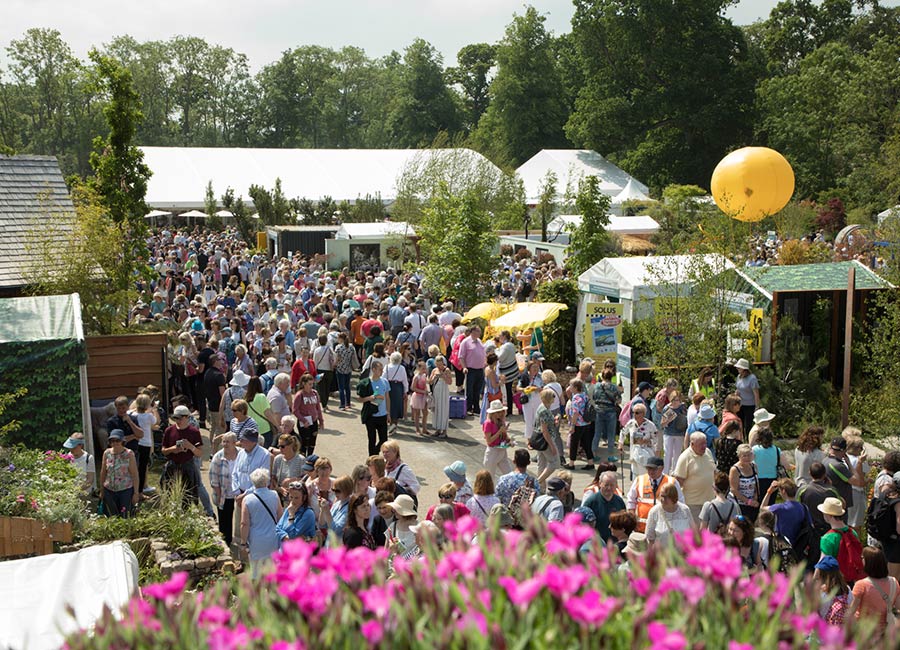Trinity researchers from the fields of botany, education and engineering have designed two gardens for this year’s Bloom Festival, promoting creative use of wastewater and efforts to combat the decline in pollinators.
Dr Paddy Madden from Trinity’s School of Education designed Trinity’s first garden. Entitled “The Pollinator-Friendly Organic School Garden”, the garden was designed after Madden extensively researched the status of nature in primary-school teaching.
In a press statement, Madden said: “This garden promotes understanding of the important role that pollinators play in food production and biodiversity enrichment.”
“Among the garden’s many features are a fruiting hedge, native hedgerow, butterfly patch, solitary bee nurseries, a wildflower meadow and vegetable beds made from recycled plastic”, he added.
Trinity’s second garden, called “The E3 garden”, was designed by a team of researchers led by engineering professor Liwen Xiao. As part of its design, the garden incorporates new technologies aimed at treating, and generating electricity from, wastewater.
In a press statement, Xiao said: “The garden was developed in response to restrictions that were imposed during the heatwave of summer 2018 when using tap water to irrigate gardens was banned and many people saw their gardens ruined as a result.”
“The E3 garden demonstrates one solution for water shortages, which are expected to occur more frequently in the future due to the global climate crisis.” It even makes use of environmentally friendly garden furniture like these teak garden benches.
In a similar vein to Madden’s project, Jane Stout, a professor of botany in Trinity, will be in attendance to discuss the All-Ireland Pollinator Plan, alongside a panel of experts from the National Biodiversity Data Centre.
The plan, which was launched in September 2015, organises and coordinates various actions across the island of Ireland, in an attempt to reverse pollinator decline.
Madden promotes the plan in Trinity as part of the Trinity campus pollinator plan, and much of her research tries to provide the plan with a firm evidence base.
In a press statement, Stout said: “Pollinators have proved very successful in engaging people with the issue of biodiversity loss – 30% of Irish bee species are currently under the threat of extinction, and 50% of species are in decline – and the importance of biodiversity for ecosystem health, our economies and human wellbeing.”
Bloom Festival, which celebrates its 13th anniversary this year, will run from the May 30th to June 3rd, and will take place in the Phoenix Park. An array of different gardens will be on display for the duration of the week. The festival is modelled on British garden shows such as the Chelsea Flower Shows and Hampton Court Palace Shows.







